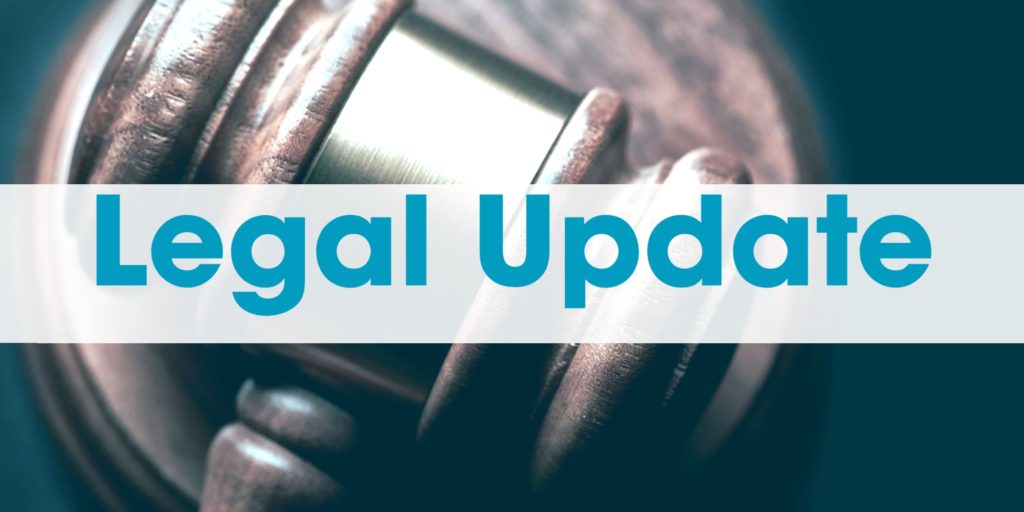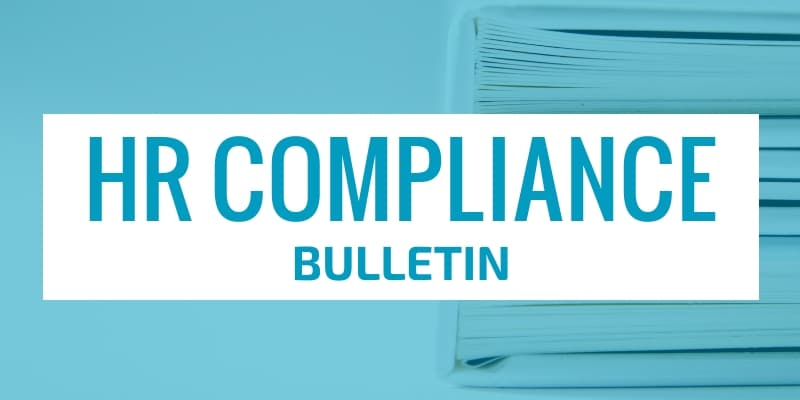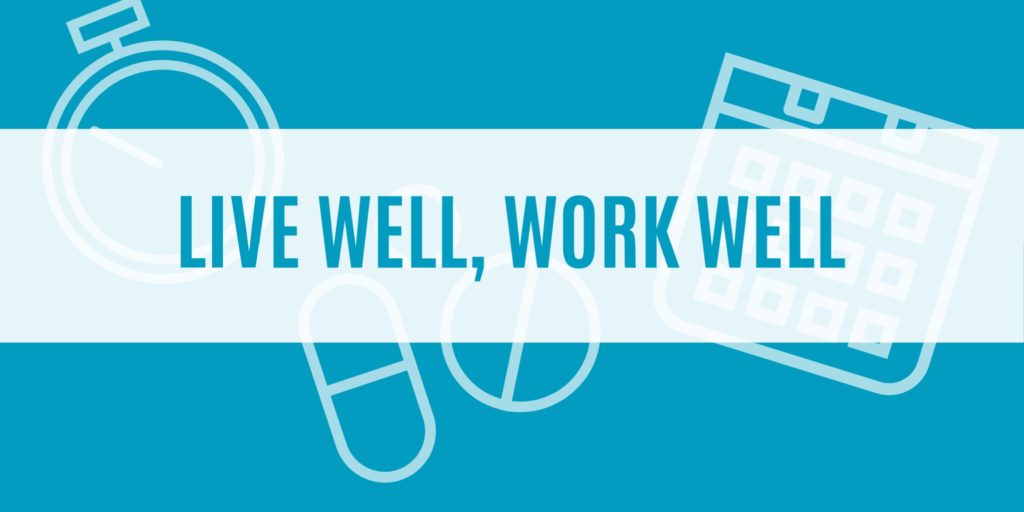 The paid leave provisions of the recently enacted Families First Coronavirus Response Act will go into effect April 1, 2020, according to Q&As released by the U.S. Department of Labor (DOL).
The paid leave provisions of the recently enacted Families First Coronavirus Response Act will go into effect April 1, 2020, according to Q&As released by the U.S. Department of Labor (DOL).
Specifically, the guidance states these provisions apply to leave taken between April 1, 2020, and Dec. 31, 2020.
The Act includes two types of paid employee leave for reasons related to the coronavirus (COVID-19) pandemic:
- Expanded federal Family and Medical Leave Act (FMLA) leave to provide workers with partially paid leave for child care purposes.
- Up to 80 hours of paid sick leave for specific reasons caused by COVID-19, including the employee’s own COVID-19 illness.
 As part of sweeping legislation—the Families First Coronavirus Response Act (FFCRA)—signed into law by President Trump on March 18, 2020, two laws were enacted that provide workers with paid leave for reasons related to the coronavirus (COVID-19) pandemic.
As part of sweeping legislation—the Families First Coronavirus Response Act (FFCRA)—signed into law by President Trump on March 18, 2020, two laws were enacted that provide workers with paid leave for reasons related to the coronavirus (COVID-19) pandemic.

 As business closures increase due to the COVID-19 pandemic, employers are faced with questions about compensation and health benefit coverage for their employees. Government relief measures may provide compensation for businesses and individuals in certain situations. In other cases, existing rules on employee rights will apply.
As business closures increase due to the COVID-19 pandemic, employers are faced with questions about compensation and health benefit coverage for their employees. Government relief measures may provide compensation for businesses and individuals in certain situations. In other cases, existing rules on employee rights will apply. As part of sweeping legislation—the Families First Coronavirus Response Act (FFCRA)—signed into law by President Trump on March 18, 2020, two laws were enacted that provide workers with paid leave for reasons related to the coronavirus (COVID-19) pandemic.
As part of sweeping legislation—the Families First Coronavirus Response Act (FFCRA)—signed into law by President Trump on March 18, 2020, two laws were enacted that provide workers with paid leave for reasons related to the coronavirus (COVID-19) pandemic. As public health officials work to slow the spread of coronavirus disease 2019 (COVID-19), many have recommended social distancing and self-quarantining.
As public health officials work to slow the spread of coronavirus disease 2019 (COVID-19), many have recommended social distancing and self-quarantining.